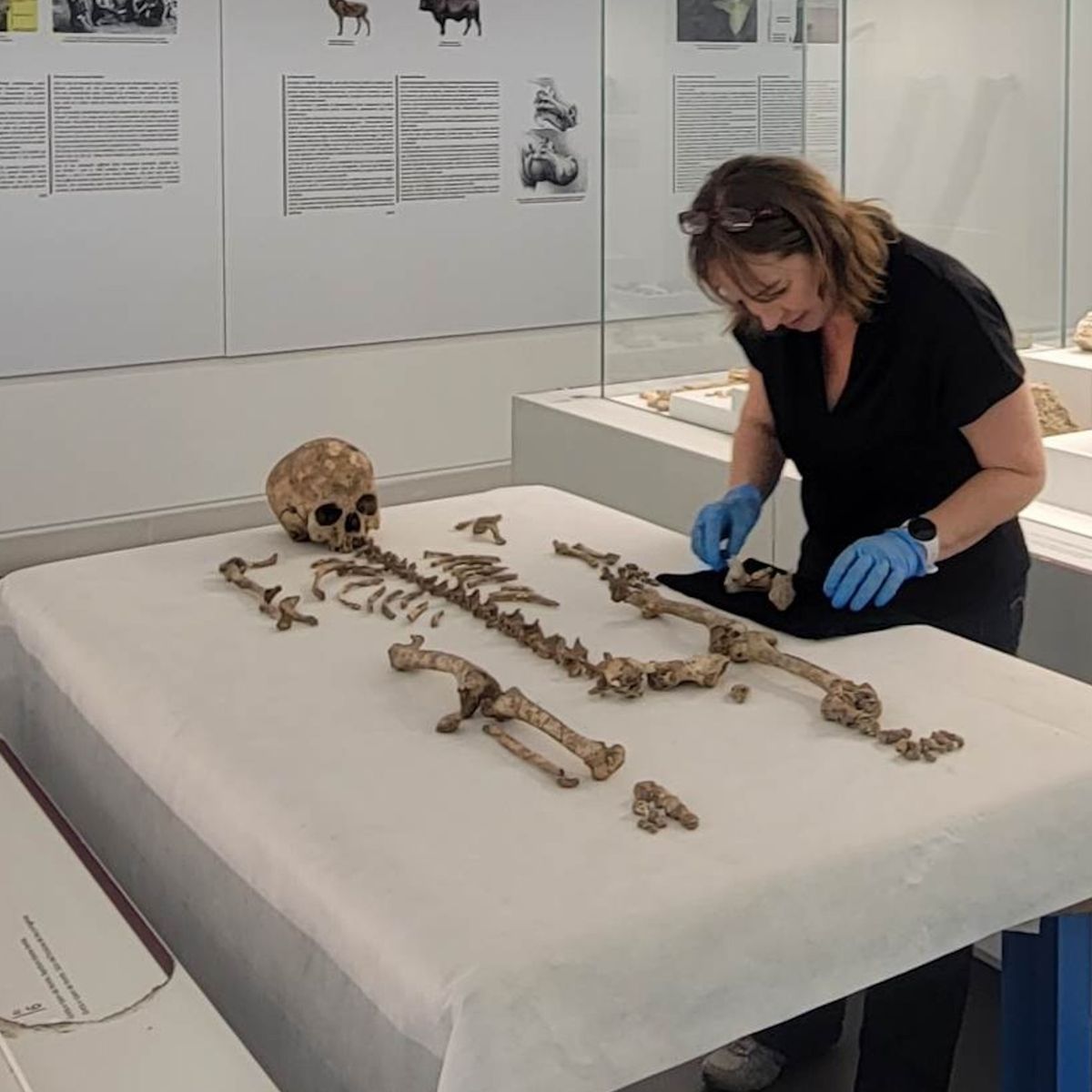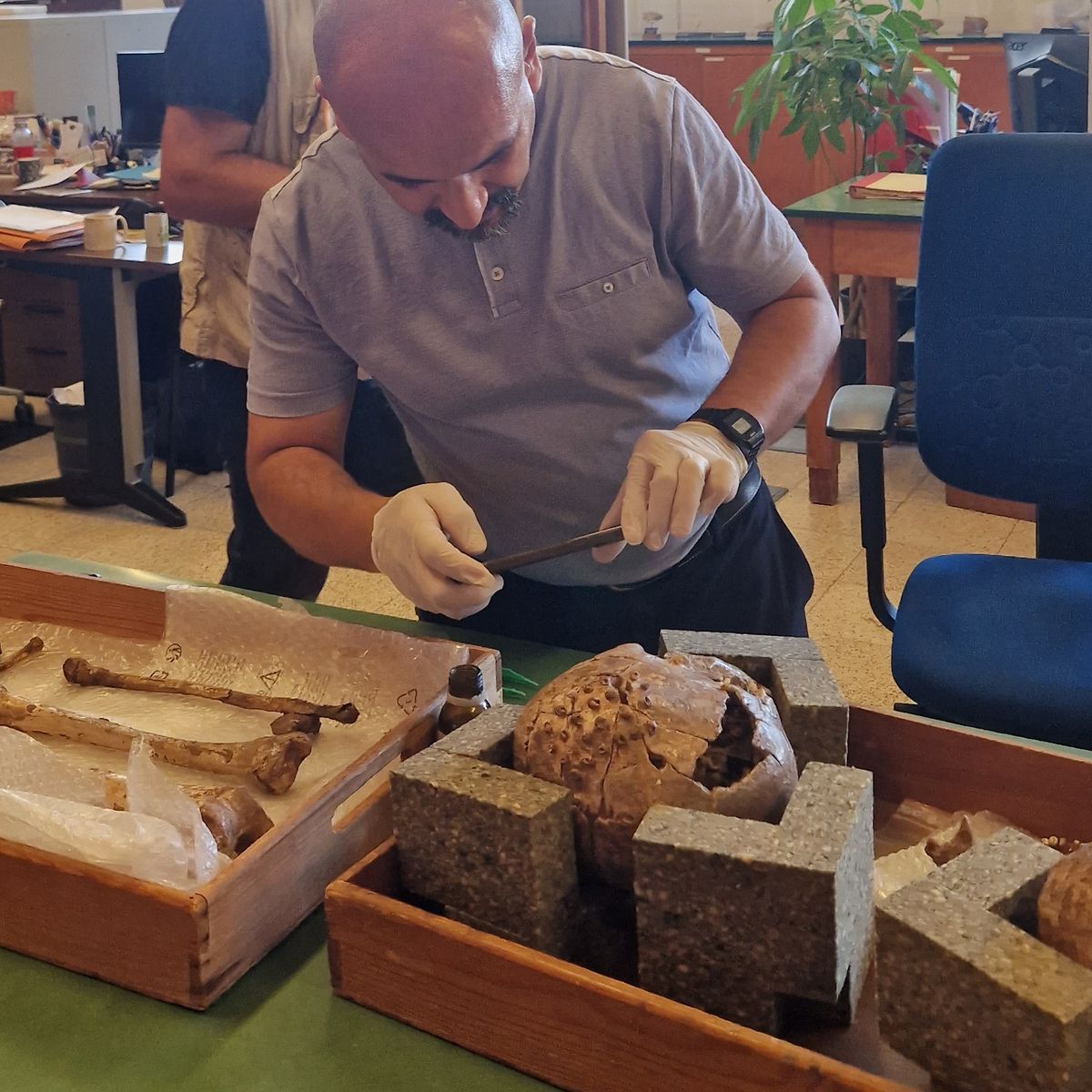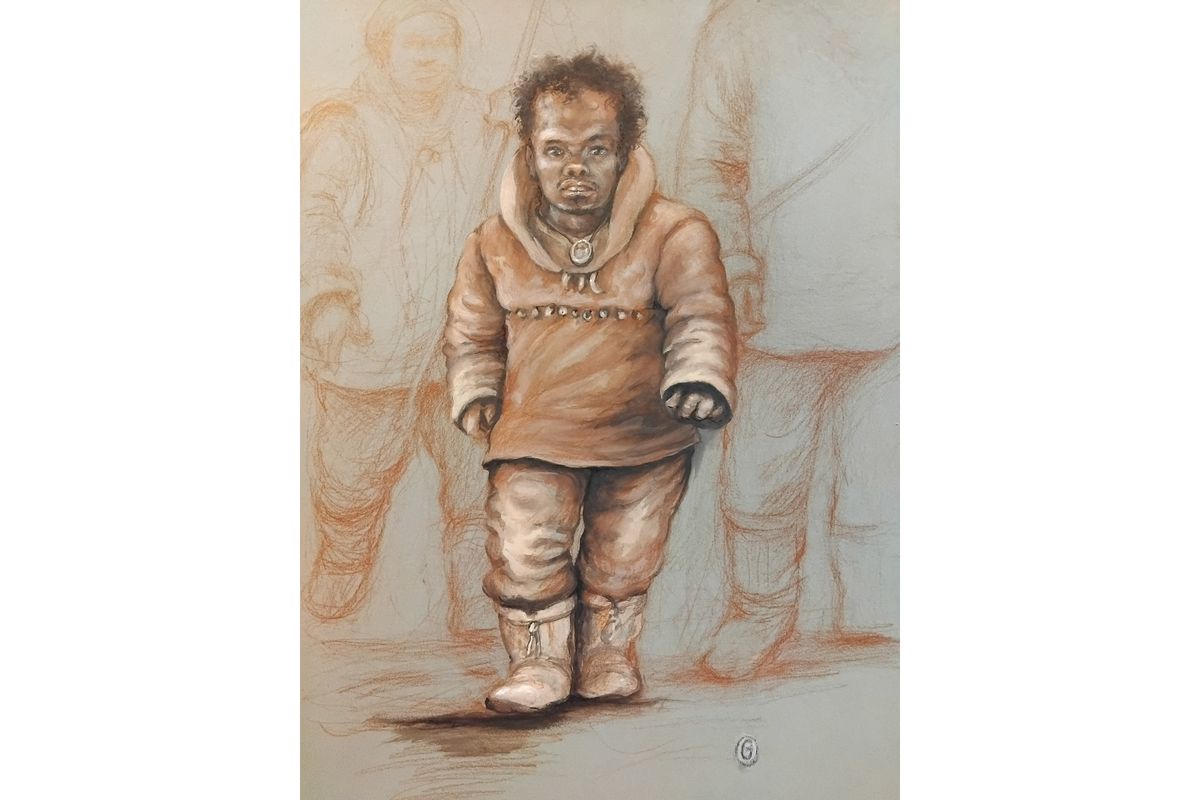Most ice age teens started puberty around the same time as humans in modern times do, according to archaeologists who studied the skeletons of adolescents who died in Europe between 10,000 and 30,000 years ago. But physical maturity was delayed in some individuals, likely because of their challenging and hazardous lifestyles.
An international team of researchers studied the skeletons of 13 adolescents recovered from seven archaeological sites in Italy, Russia and Czechia (the Czech Republic). In a study published Sept. 12 in the Journal of Human Evolution, the researchers detailed their use of “maturation markers” on the skeletons to estimate different puberty stages in teens who died in the Upper Paleolithic period.
Babies are born with about twice the number of bones as adults; during childhood, these bones grow and then fuse together by the time a person is 18 to 25 years old. Archaeologists can therefore use bones to identify several stages in the years-long process of puberty, including the major adolescent growth spurt, the beginning of menstruation when bones start fusing, and the time that sexual maturity is reached and all the bones are fully fused.
The researchers were able to determine the stage of puberty reached in 11 of the 13 ice age individuals. They discovered that these ancient adolescents had their growth spurt between the ages of 13 and 16, similar to the range of 12.5 to 14 years for modern foraging groups. Ice age teens also reached maturity between the ages of 16 and 21. This suggests that several ancient teens spent a longer time in adolescence than their counterparts in Western societies, who tend to reach maturity between 16 and 18 years old.
Study lead author Mary Lewis, a bioarchaeologist at the University of Reading in the U.K., told Live Science in an email that, while it is not surprising that ancient Homo sapiens went through the same stages of adolescent growth as we do, it is surprising that they began puberty around the same age — 13.5 years — “suggesting this age range aligns to a potential ‘genetic blueprint’ for the start of human sexual maturation.”
However, one major difference between ice age adolescents and modern ones can be seen in the estimates for menarche, or the beginning of menstruation. Although the researchers’ sample size is small — just five females from this time period — they concluded that the age of menarche was no earlier than 16 to 17 years old. In the modern U.S. population, the average age that menstruation begins is 11.9 years old. However, in modern hunter-gatherer populations, the range is later, around 13 to 17 years.
“There is a common misconception that adolescents today are entering puberty so much earlier,” April Nowell, a Paleolithic archaeologist at the University of Victoria in British Columbia, told Live Science in an email. “But what we see is that teens today are following a pattern that has remained largely unchanged for thousands of years,” in that they start puberty around the same age as their ice age relatives once did.
“A perspective from deep time helps us to contextualize puberty today — something that a more limited snapshot can’t do,” she added.
For archaeologists, studying adolescents and the process of puberty far back in time is the key to understanding both individual variability in the puberty process and the cultural meaning that adolescence held within a past society, such as whether teens were treated differently by their communities, Nowell said.
One individual from the Italian site of Romito represents the earliest known case of chrondroplastic dwarfism. The researchers found that he died around 16 years old, well into puberty. However, his development lagged somewhat behind other males from the period. His short stature of around 3.3 to 4.25 feet (1 to 1.3 meters), along with his delayed puberty, may have meant his community viewed him as more child than adult — which may explain why he was uniquely buried in the arms of an older woman, the study authors wrote in the paper.
“I’m really excited to see this paper, as the authors are deepening our understanding of pubertal timing by tens of thousands of years,” Sharon DeWitte, a biological anthropologist at the University of Colorado Boulder who was not involved in the study, told Live Science in an email.
One potential application of this kind of research would be to assess the puberty process in our close cousins, the Neanderthals, to see “whether they progressed to sexual maturation and ‘adulthood’ in the same way,” Lewis said.
“Ultimately,” Nowell said, “this research may be able to answer questions related to social structure, population dynamics and even Neandertal extinction.”





